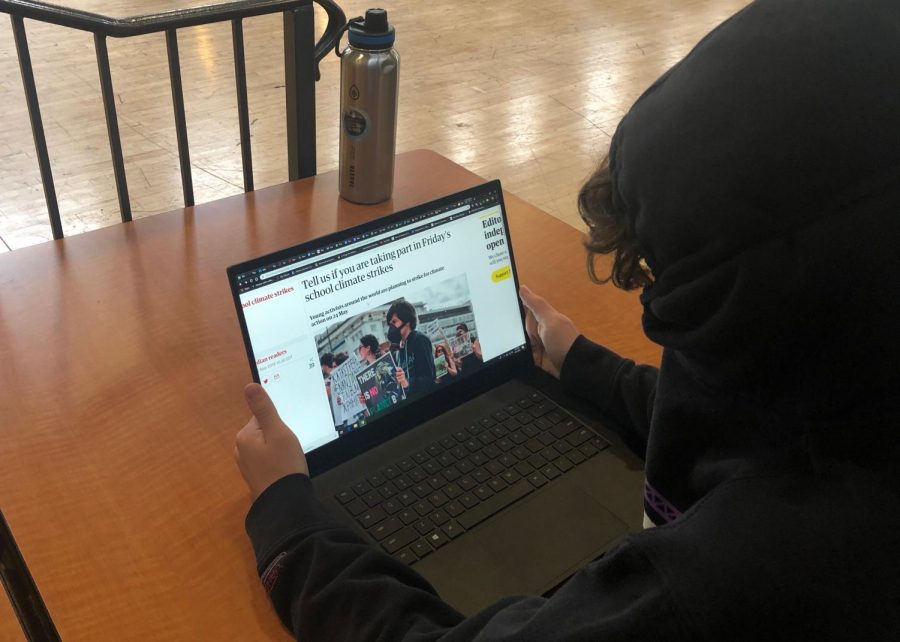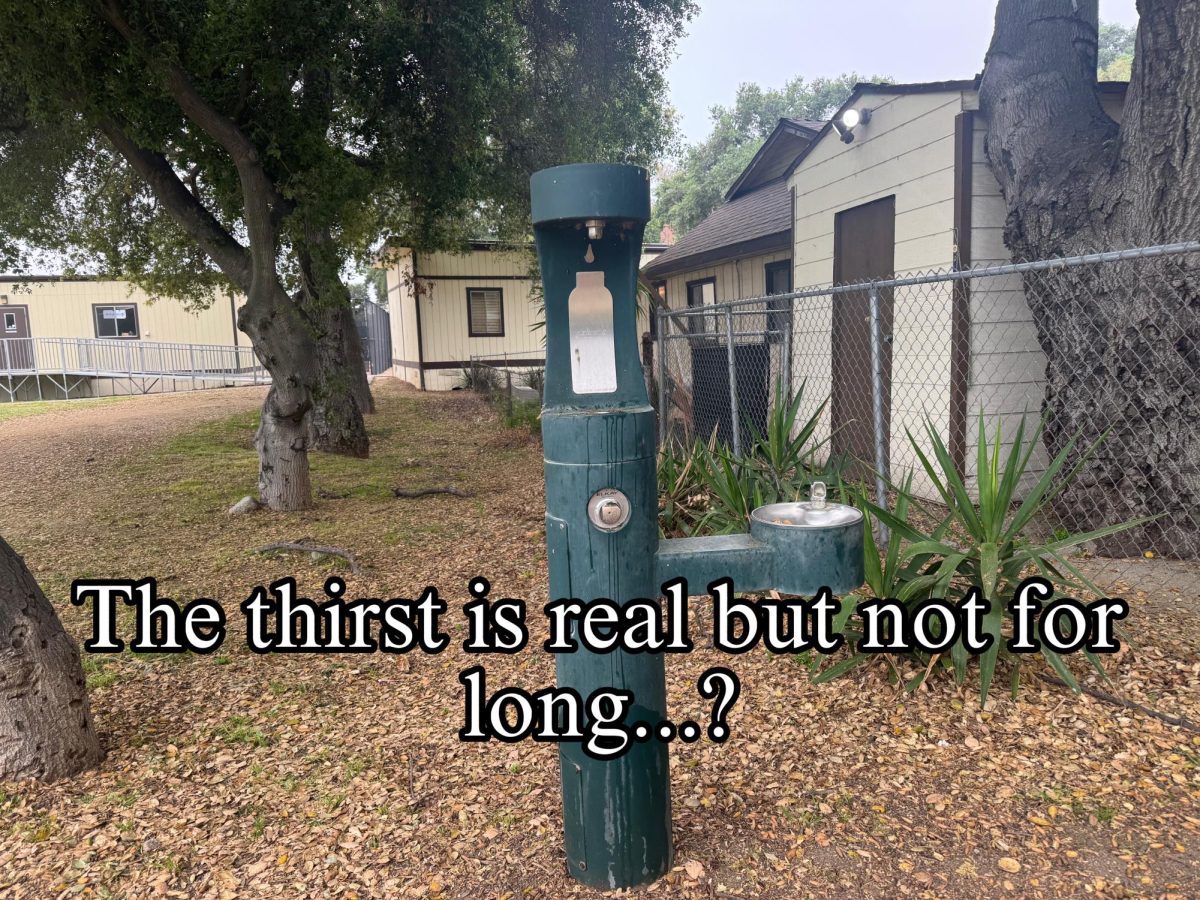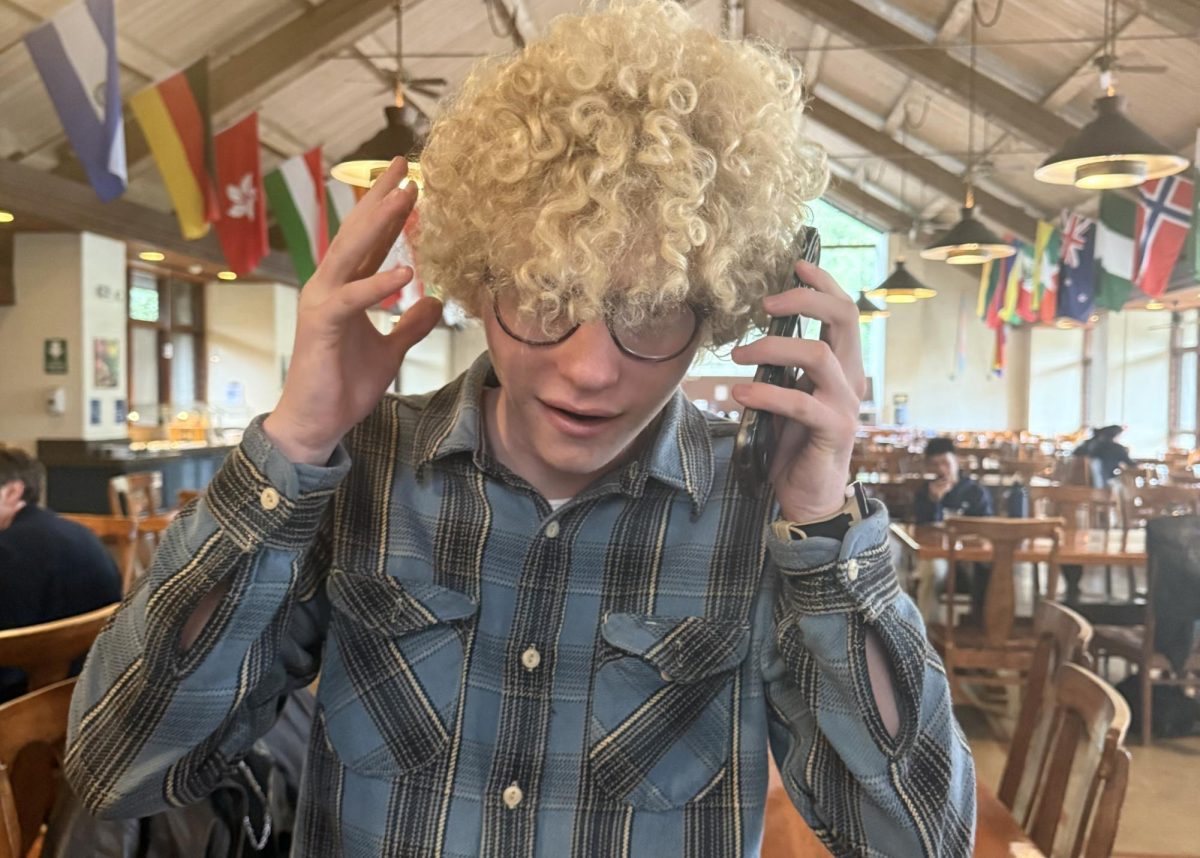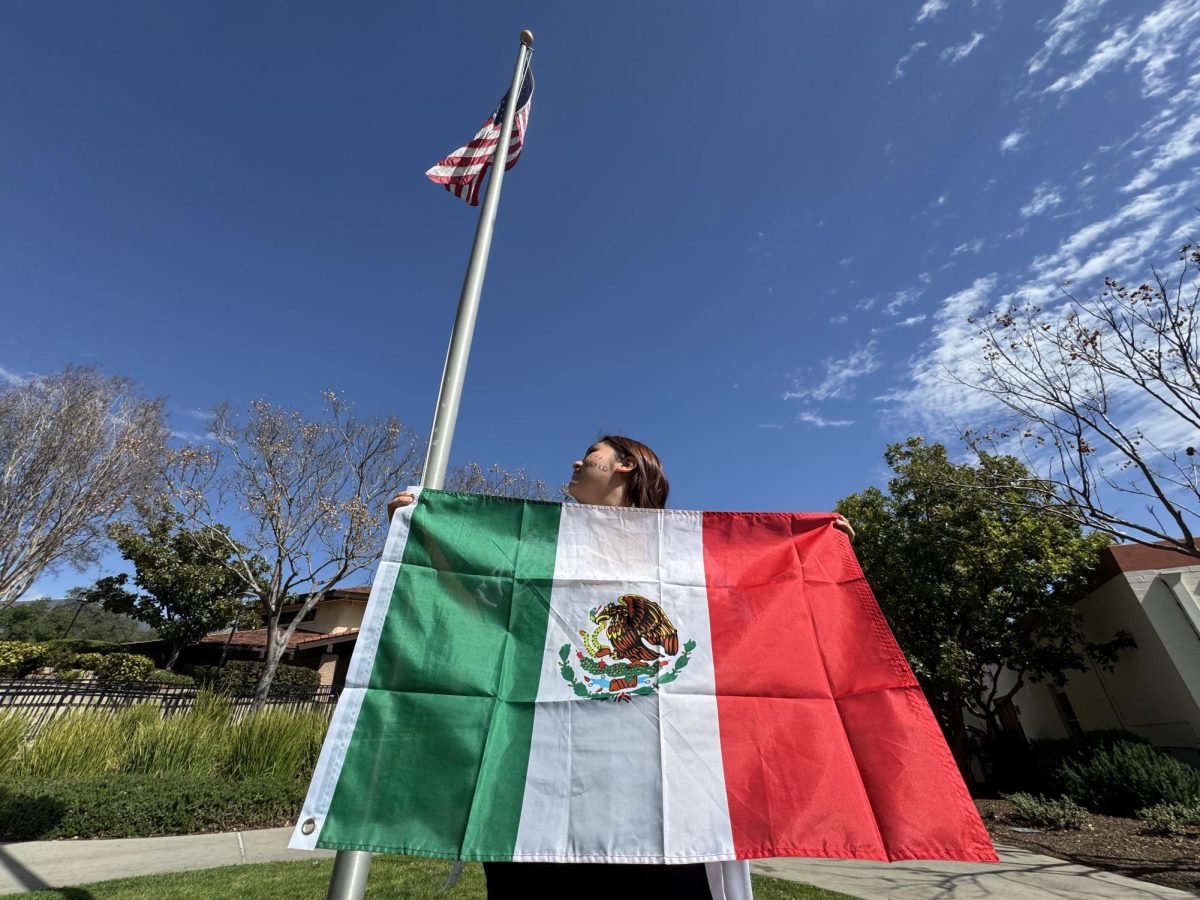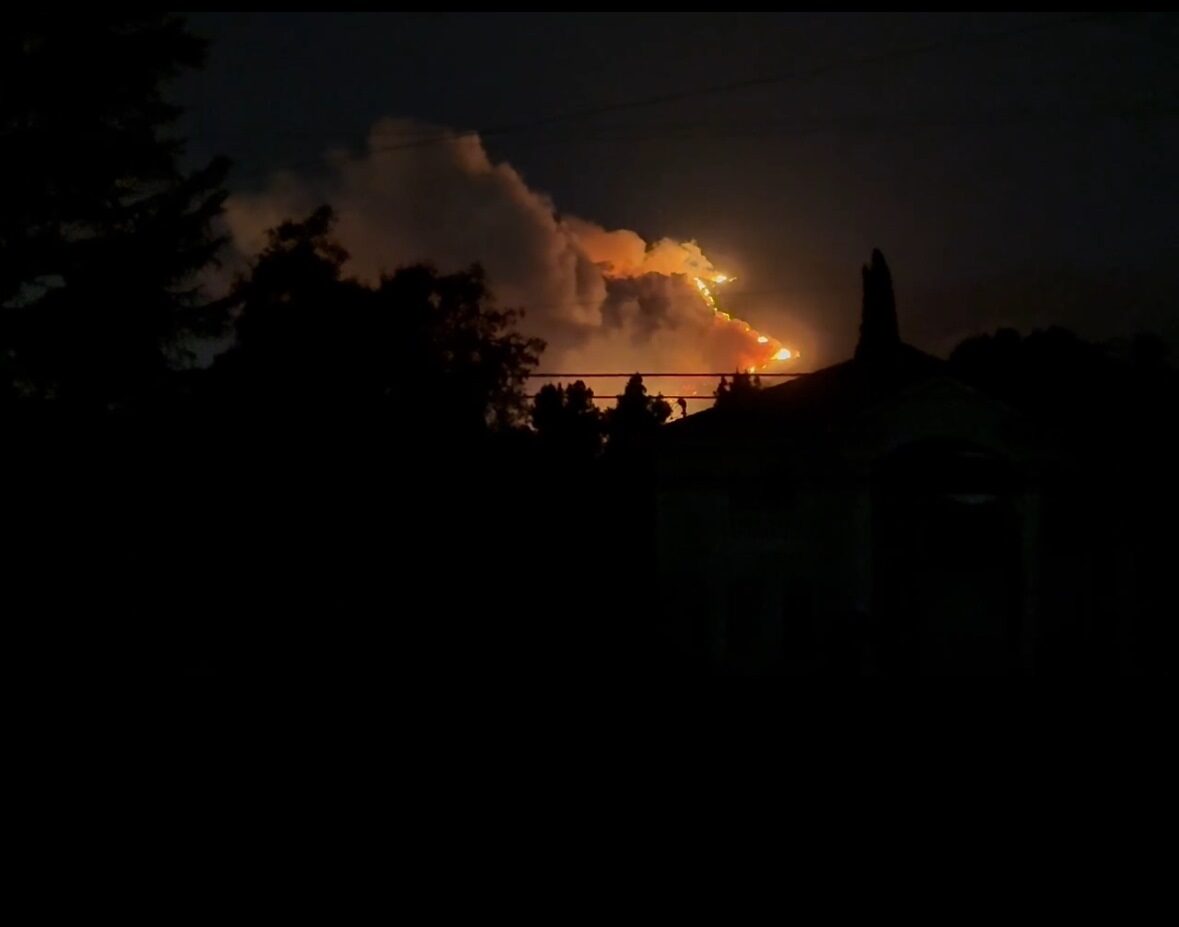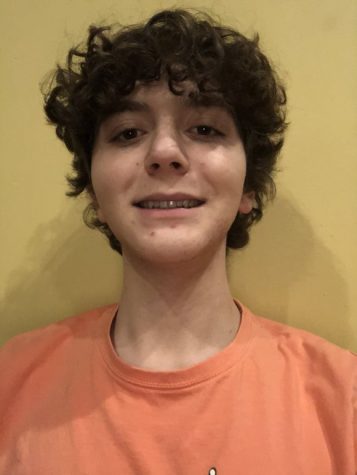On March 15th, 2019, 1,693 protests took place all across Europe to drive climate change reform. The protests consisted of students and scientists all urging countries to accept the Intergovernmental Panel on Climate Change regarding the eleven-year warning on the environment.
The cause of the protests was sixteen-year-old Greta Thunberg, daughter of Svante Thunberg, a Swedish actor, and Malena Ernman, a well-known opera singer. Ernman has recently published a book that focuses on the challenges of raising her two children with special needs.
Greta is on the autism spectrum, so she sees the world differently than most other people, which is why she believes that the whole climate change debate is ridiculous. She said, “And I thought this was very strange. If humans could really change the climate, everyone would be talking about it and people wouldn’t be talking about anything else. But this wasn’t happening.”
The events have spread worldwide and protests are held every Friday all across the globe. However, it was a slow start when Greta began, protesting all by herself in front of her country’s parliament building.
Thanks to her different view on the world, there have been protests in Europe on every Friday after March 15th, 2019. She has been recognized by the EU Parliament and was recently granted a platform to present her own concerns and represent all youth of the world and their fears of what comes next for humanity.
Besides being recognized by the EU Parliament, Greta has been nominated to receive a Nobel Peace Prize, and if she wins, this sixteen-year-old will be the youngest recipient of this prestigious award.
Greta continues to inspire other teenagers across the world to act for what they believe in. Thanks to her skipping classes to protest outside the Swedish Parliament, Greta has inspired other students to do the same.
Greta represents a movement of young people all across the world who are concerned about what comes next for their own future. She symbolizes a global youth movement, one that is concerned that a future may never come if the world is dead by the time they are tasked to lead it.
Even though not much has changed in Parliament, Greta has catalyzed the long process that comes with change. The “Fridays for the Future” protests can bolster support for the movement, and have already resulted in many other students following her lead and not attending schools on certain days in order to go to protests and support in solidarity.
Greta has begun to even notice that politicians invite her to speak, but are not doing anything to solve the climate issue. Politicians know it is a problem, but what is making people and Greta most of all speak out now is the hypocrisy of it.
Plans have presented to solve this problem, like the Green New Deal which is one of the first attempts in the US to deal with climate change. The planet only needs a couple of countries to begin the process, such as China who has decided to lower their carbon emissions regardless of who else joins the Paris Agreement.
Students and teachers around campus are in agreement and believe that youth should have a seat at the table.
Tara Lepore, science department faculty, said, “I also strongly feel that having informed citizens, especially young people who feel empowered to have their voice heard, can be a very powerful motivator for other young people. I think that we should do young people the favor of listening to them just as much as we would any politician, or ‘professional’ who may have some clout in the field of climate science.”
Hunter Lange (‘22), a politically active student, said, “I think she’s changing the conversation by making it something that’s relatable to many people out there. She’s telling us that the House is on fire and that she’s doing this for the planet rather than for others. She’s making change by talking to the UN and starting strikes around the world every Friday for climate change. I think she’s doing an amazing job and showing the world that the youth will make the change. We’re the future of this planet and we have to protect it.”
To put the situation simply, adults like Ms. Lepore said we should listen to students and young people because they have input on the climate situation as well as because climate change ultimately affects all people. Climate change is not an issue for just adults, but is one that affects the entire planet. If anything, governments should include more voice because climate change is an issue that will not go away for some time. To deal with the issue properly, we need as much input and agreement as possible to ensure our species’ survival.


